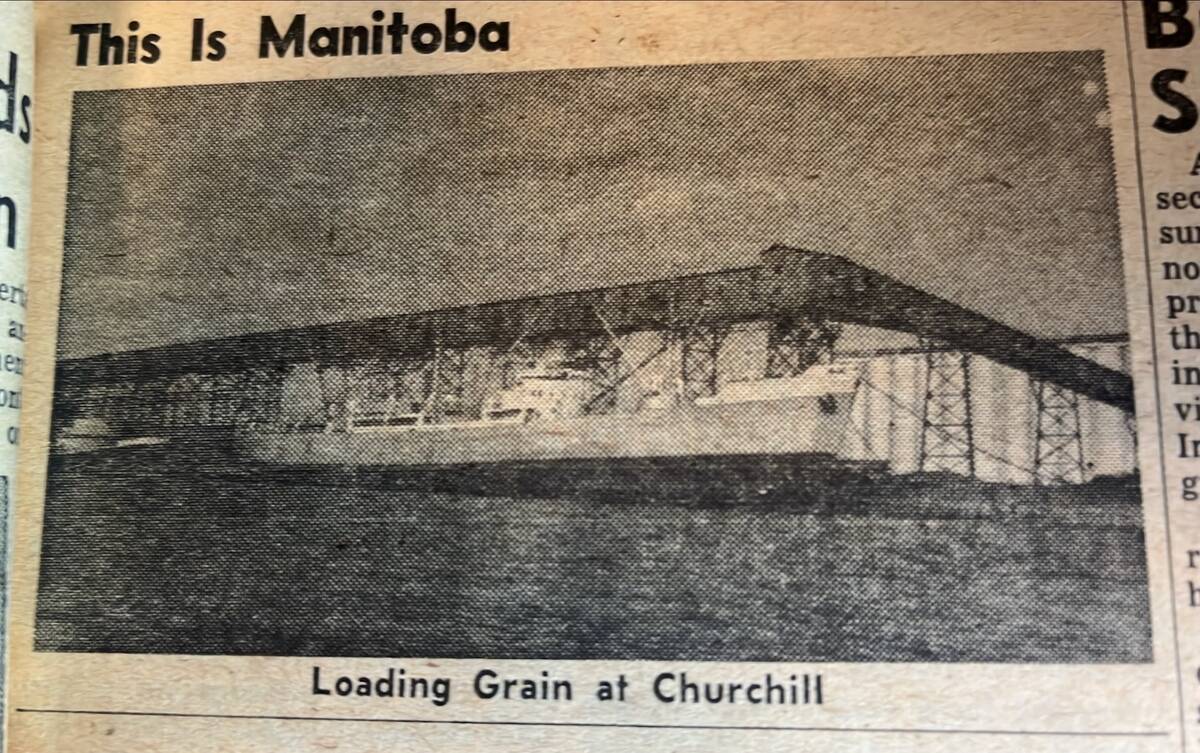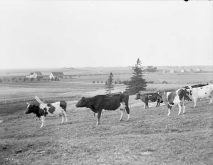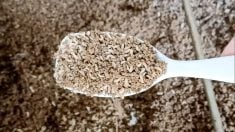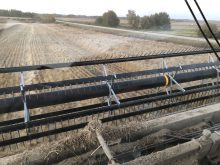I can’t really remember a time I didn’t know what the Manitoba Co-operator was.
Growing up on a farm near Miami in south-central Manitoba, there were a lot of Co-operator readers around. One of its fixture reporters, Allan Dawson, was also a local. Then, as a young adult working in the office of a local agribusiness, the Co-operator hit the break room table every week like clockwork.
I would later occasionally run into Co-operator staff while a community journalist for the Morden and Winkler Times. I still had my farm background and covered the odd farm story, but the hamster wheel of jack-of-all-trades reporting meant I wasn’t totally up on developing ag issues at the time.
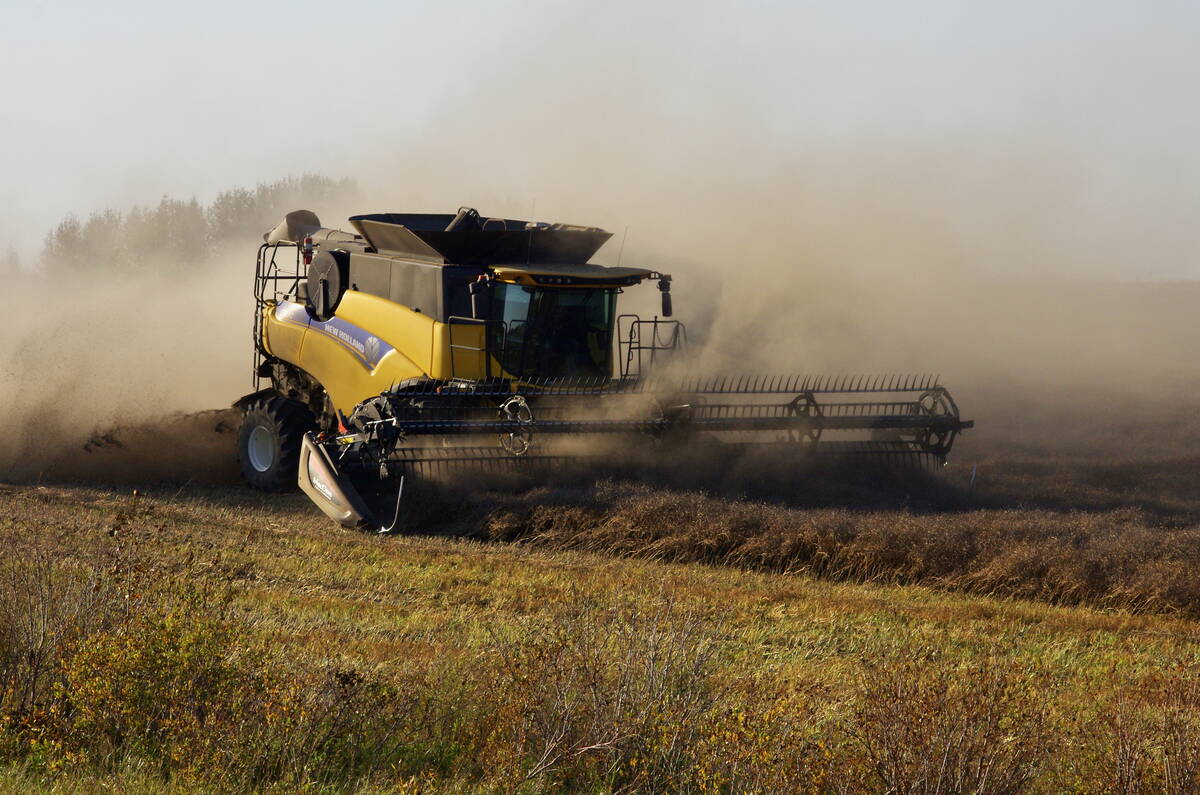
The difference when lining up for joint interviews with those Co-operator staff was apparent. There were questions that they knew to ask that more general media would never have thought to. The depth of context from which they asked those questions gave their interviews a keen edge of critical thinking on complex or technical topics.
They were subject matter experts, writing for subject matter experts, and it was obvious.
A few years later, after joining the Co-operator myself, I took it as a professional milestone when, following a scrum with then-agriculture minister Ralph Eichler, a reporter from CBC took me aside to ask what I was talking about when I had levelled a question about Crown lands.
Having dedicated agricultural reporters — not industry communications staff, but journalists with a responsibility towards independent reporting — is a benefit to farmers. Having local farm reporters means more capacity to cover issues geared towards Manitoba specifically — our cow-calf centric beef sector; robust beekeeping, potato and pork industries; Western-grown soybeans, etc.
As readers may already know from our Oct. 28 Seeding the future special edition or the new logo gracing our cover, the Manitoba Co-operator marks 100 years in 2025.
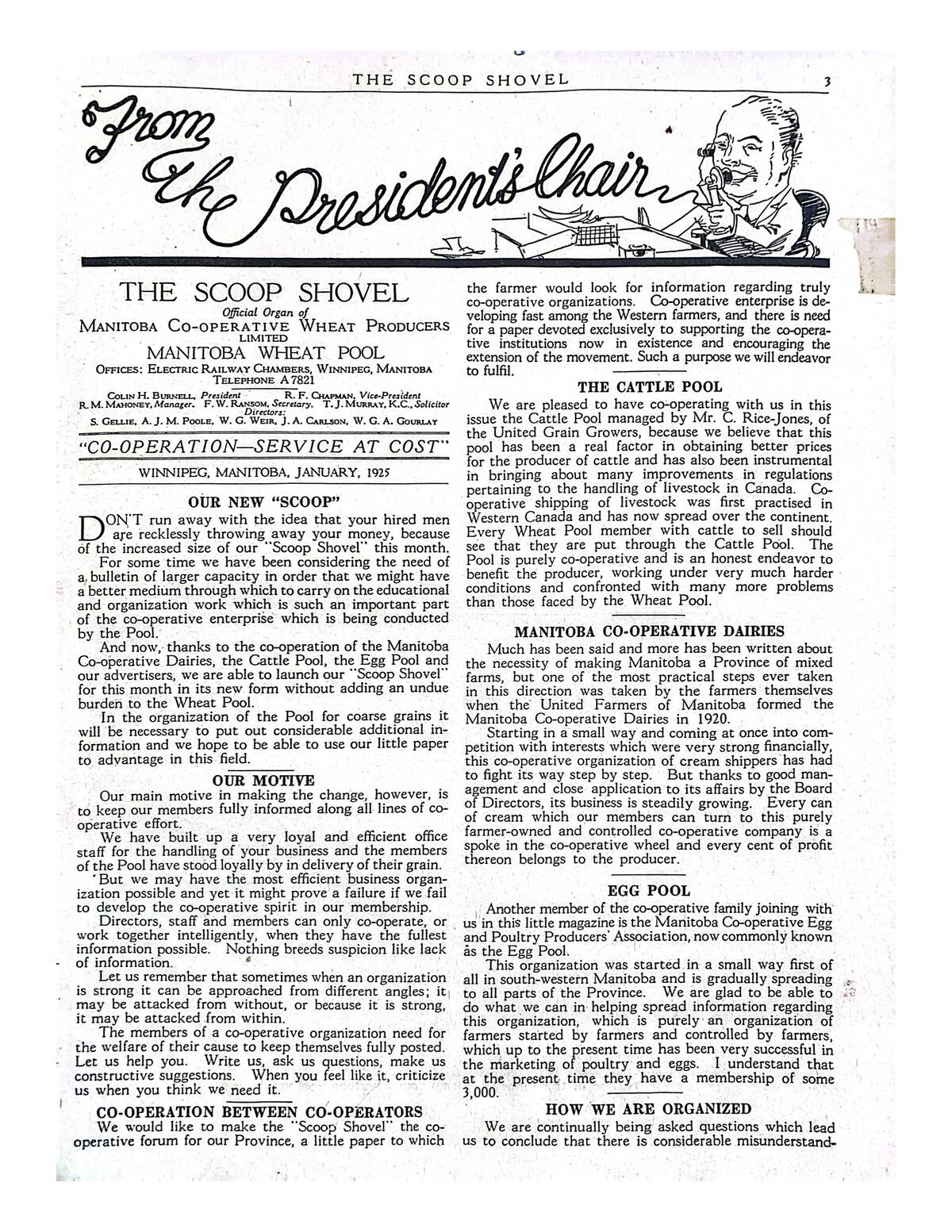
It’s an honour to be part of a publication with such a long and storied track record of serving farmers. It’s a legacy we try to live up to with every edition.
I am repeatedly reminded, through the act of digging up past story links for the online versions of our articles, just how much good work our reporters do on a daily basis. Have you read Geralyn Wichers’s now nationally recognized piece on rural depopulation and the shadow of the 1980’s farm crisis? How about our ongoing stories about gene editing, or digital and precision farming, or wild pigs, or the slog towards modernized seed regulations?
Those are just a few recent examples. If I started listing all of them, I’d need a book.
The historical photo essay that ran in “Seeding the future” was very much like looking not just at the history of the paper, but the history of Manitoba farming.

In recognition of that, we want to hear from you. Do you have a story that you still remember years later? Do you remember where you were or what you felt the first time you read about the BSE crisis? Did you follow the death of the wheat board through our pages? Maybe one of our stories outlined a then-novel production practice, or philosophy like regenerative ag or 4R nutrient stewardship, that you now use on your farm.
Whatever your story with us, we’d like to hear it and highlight it in a future edition of the Manitoba Co-operator. You can send those stories to [email protected], or to my email below. I very much look forward to reading them.


